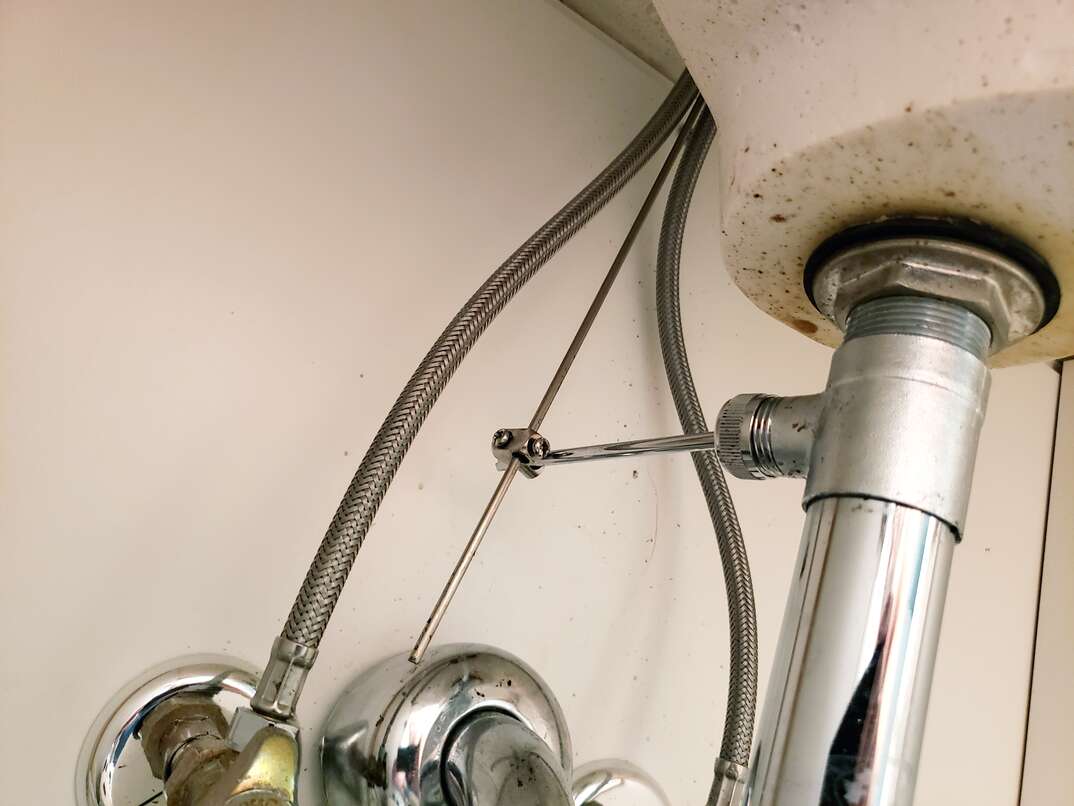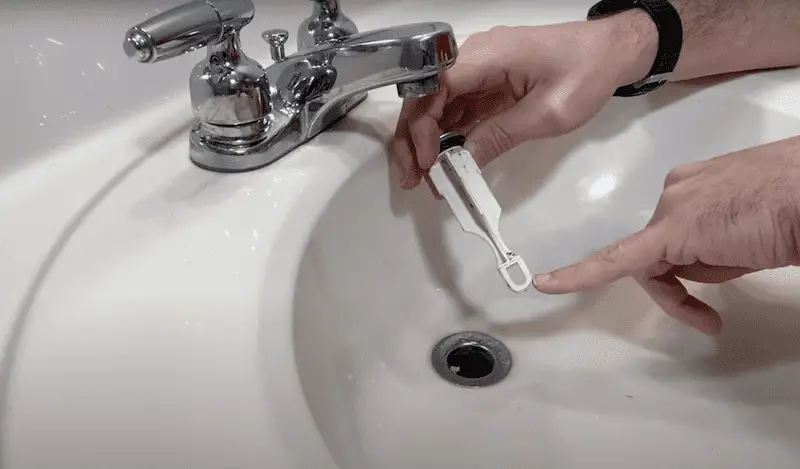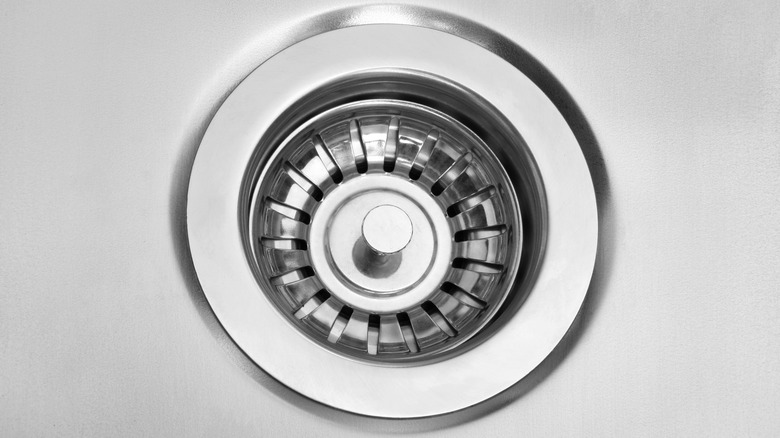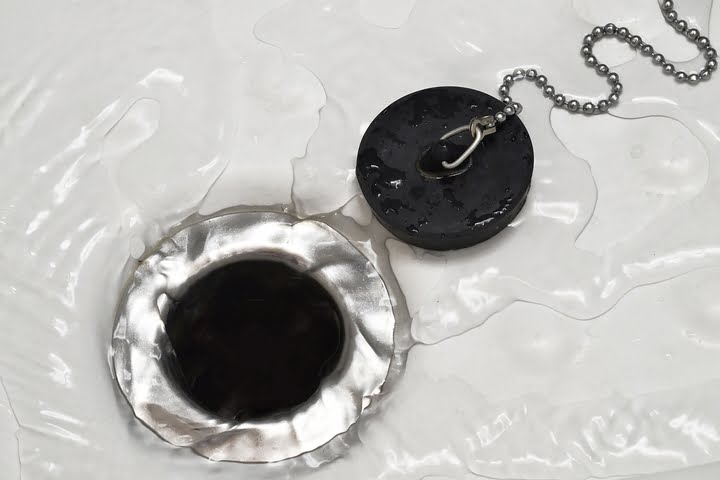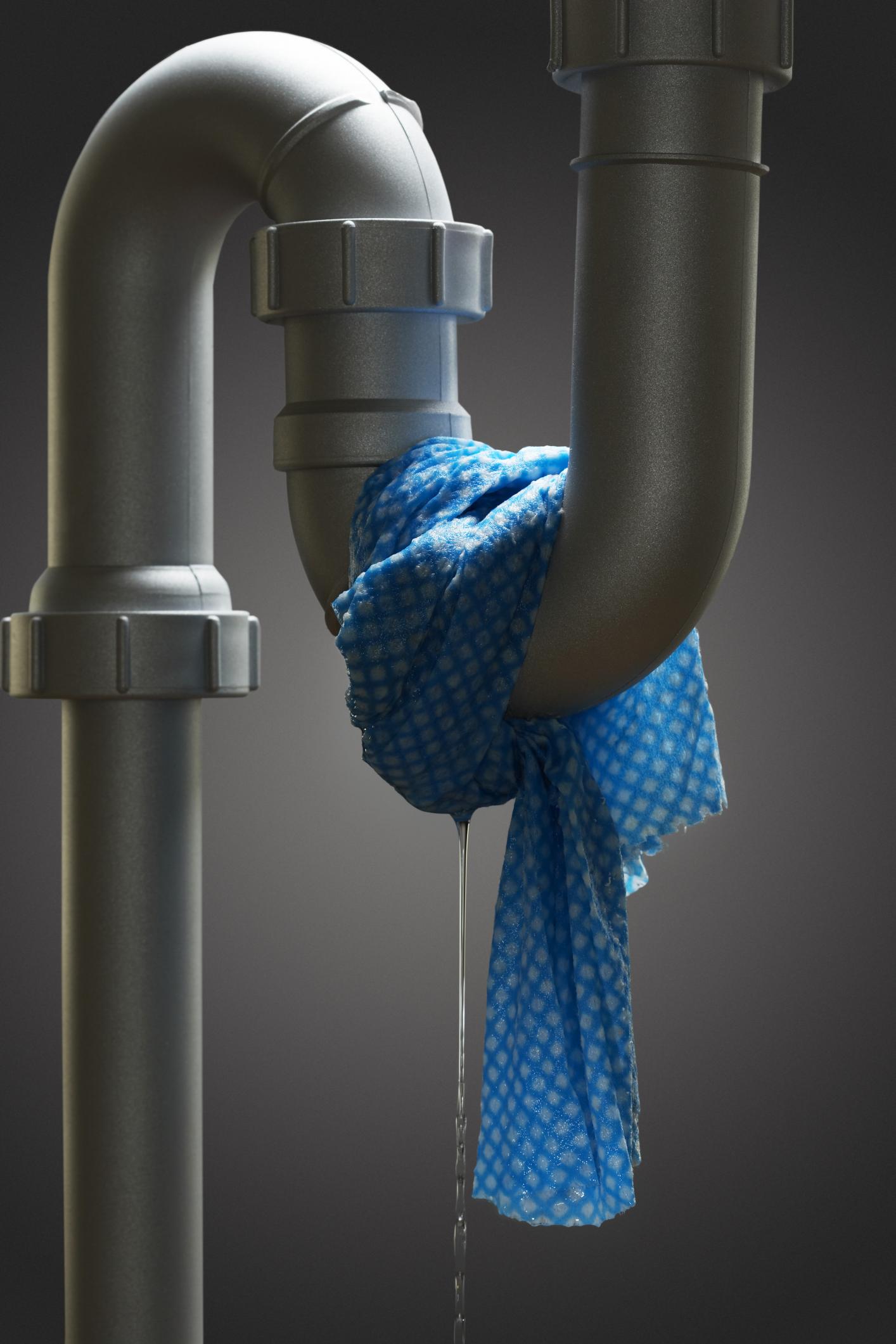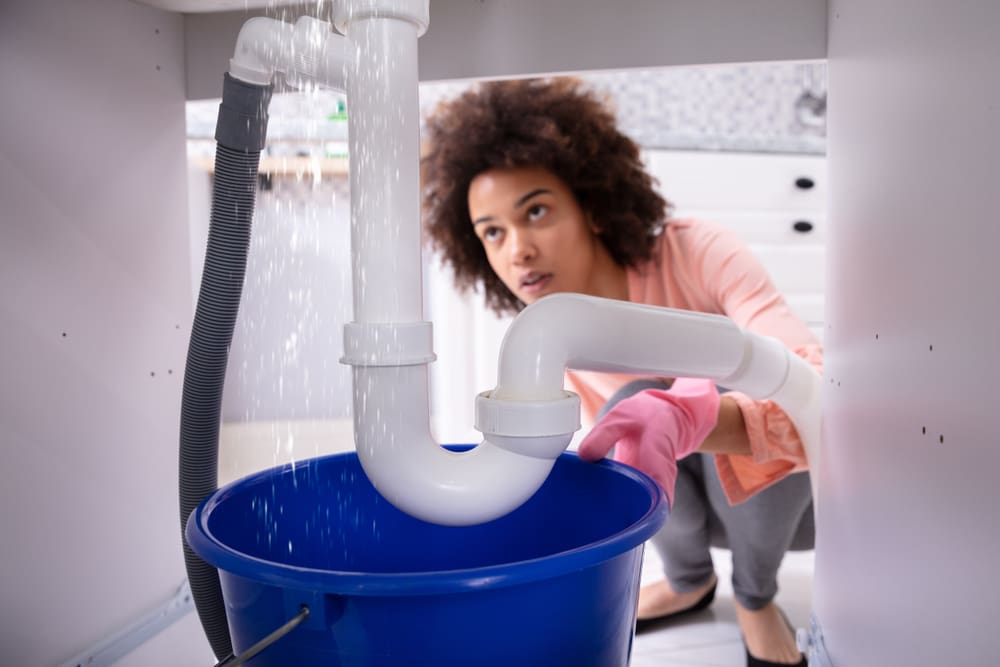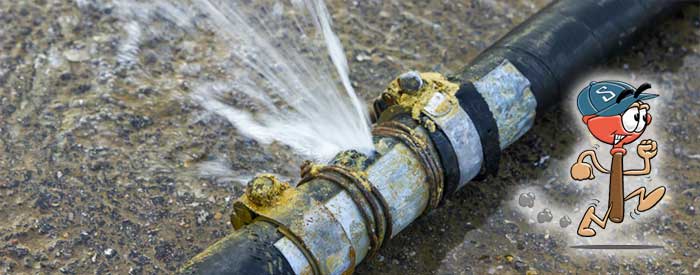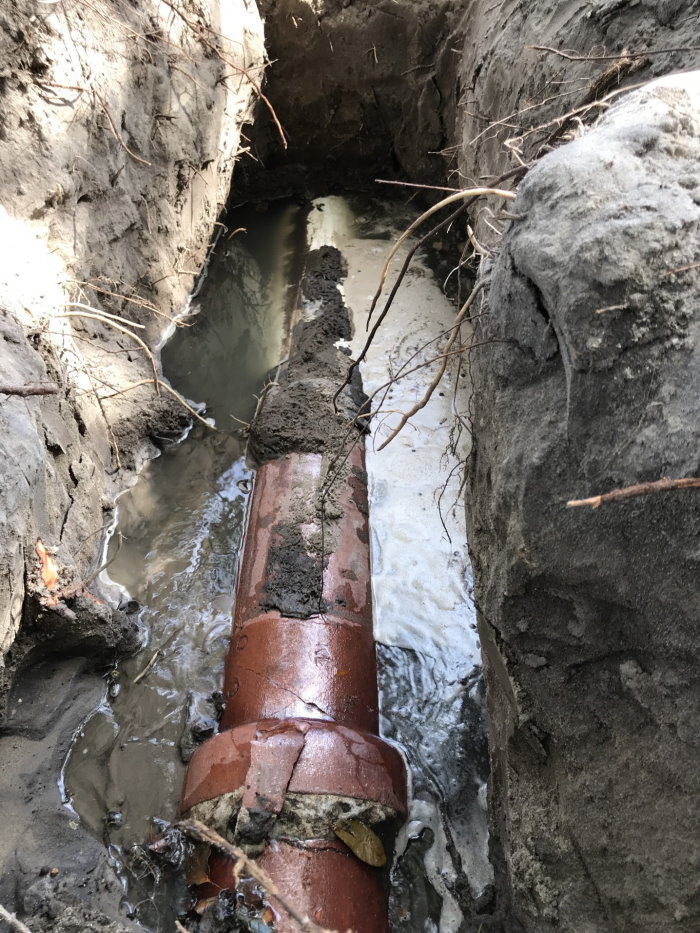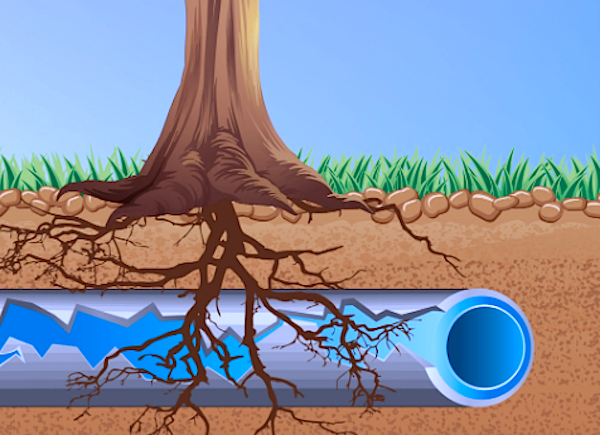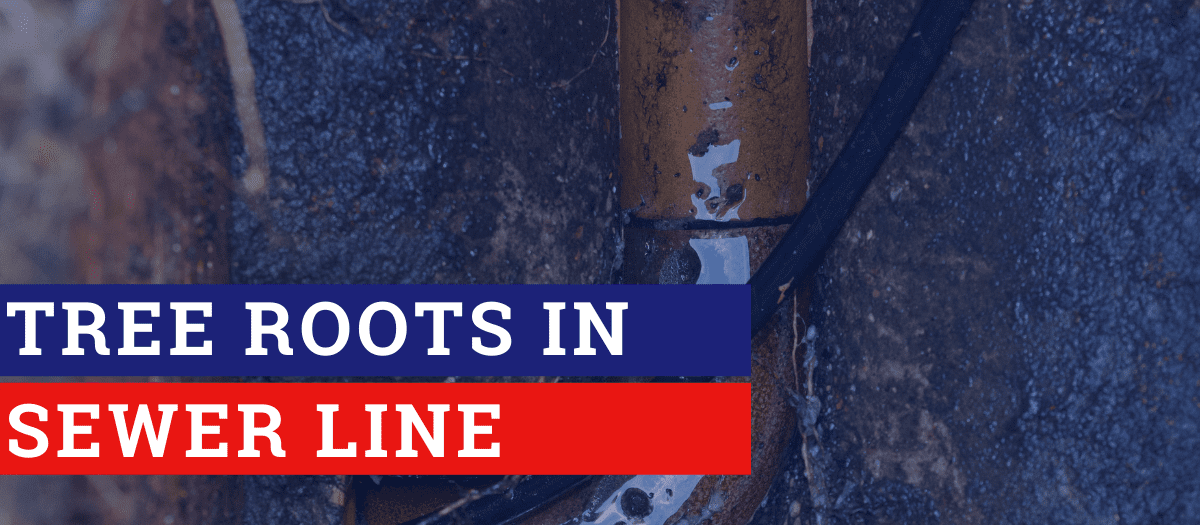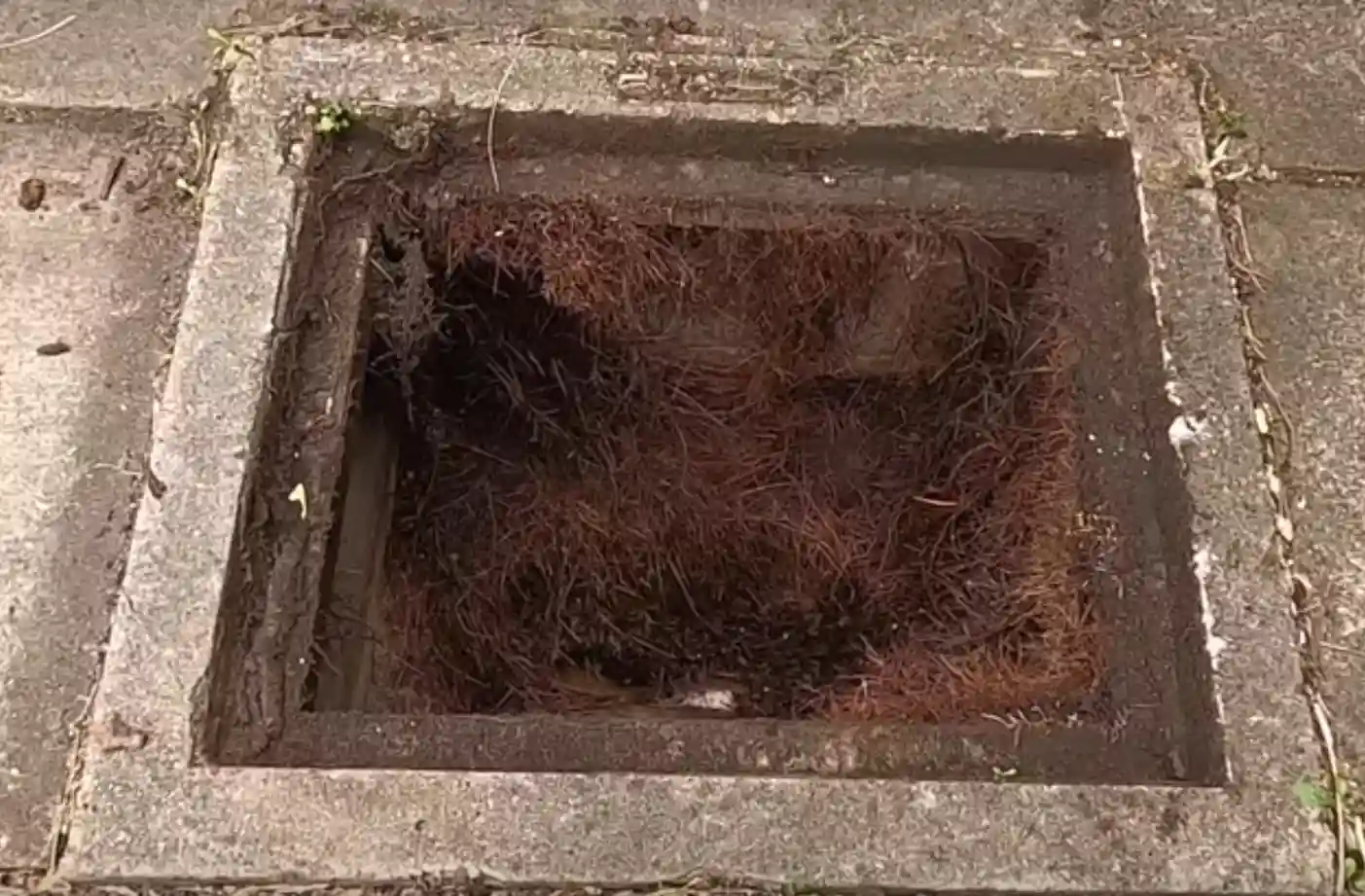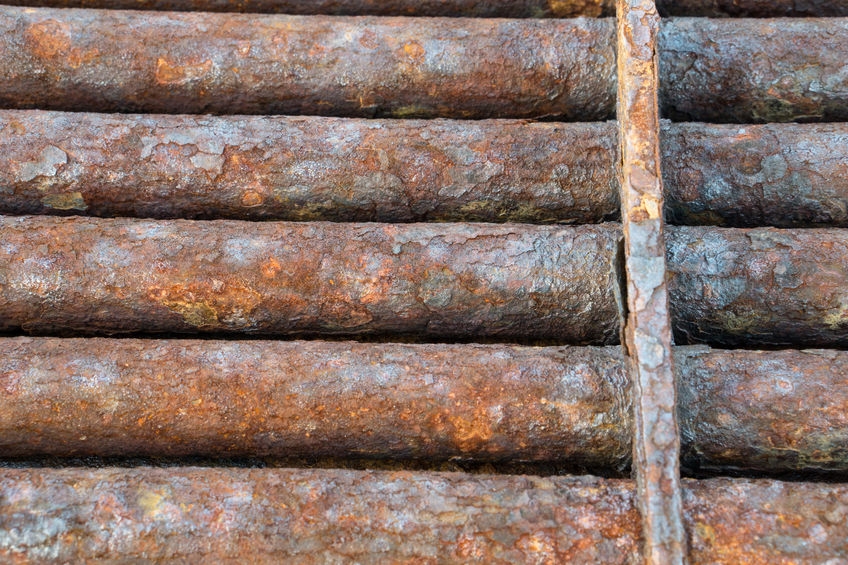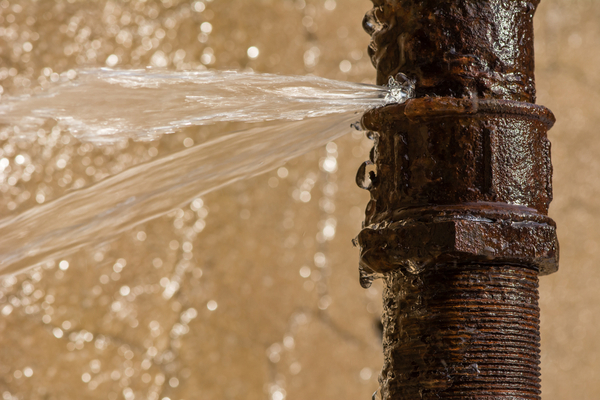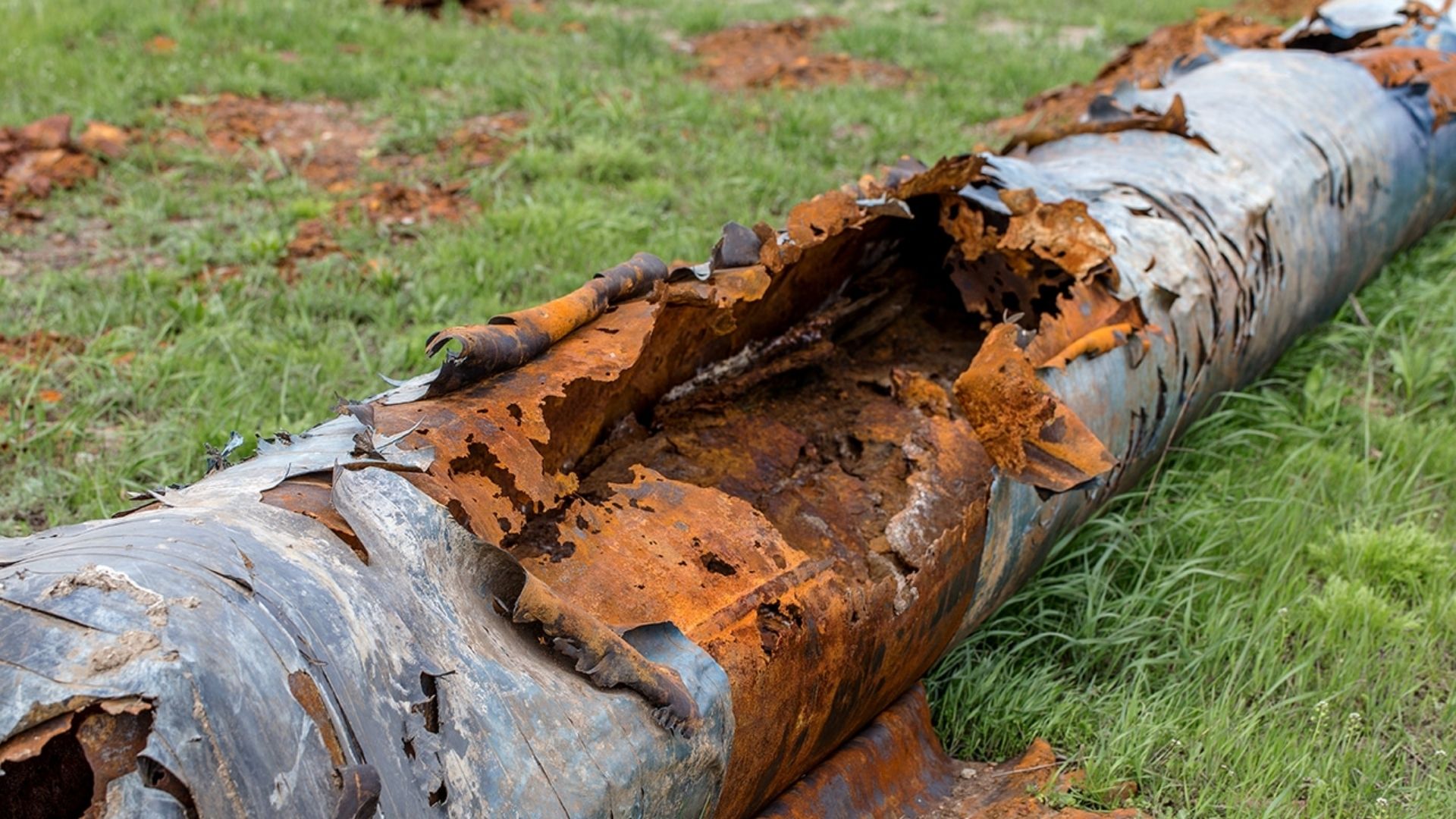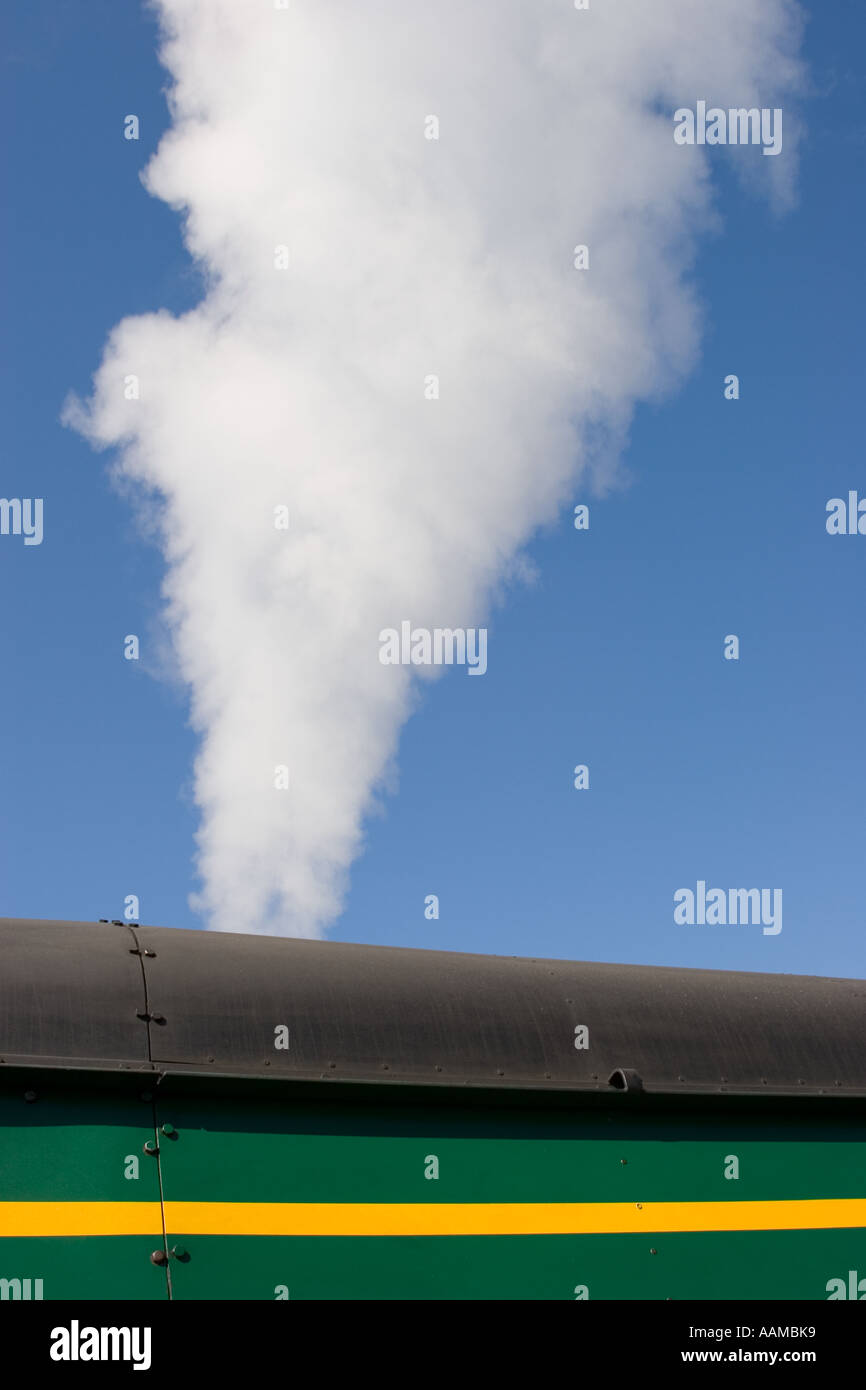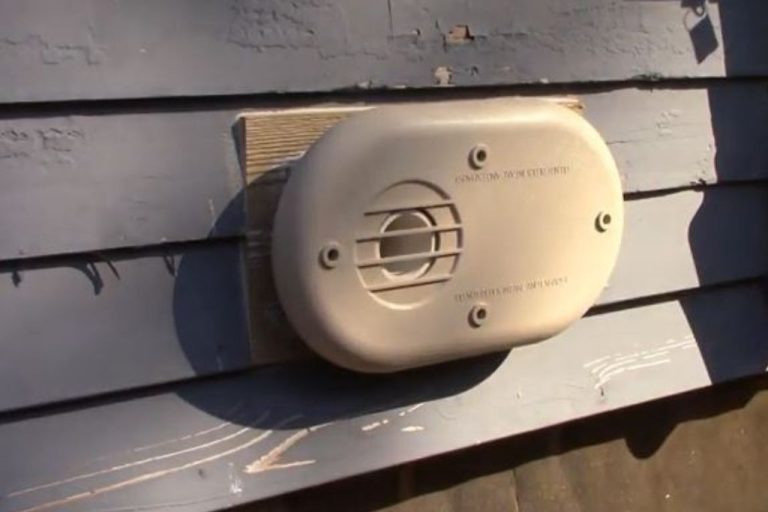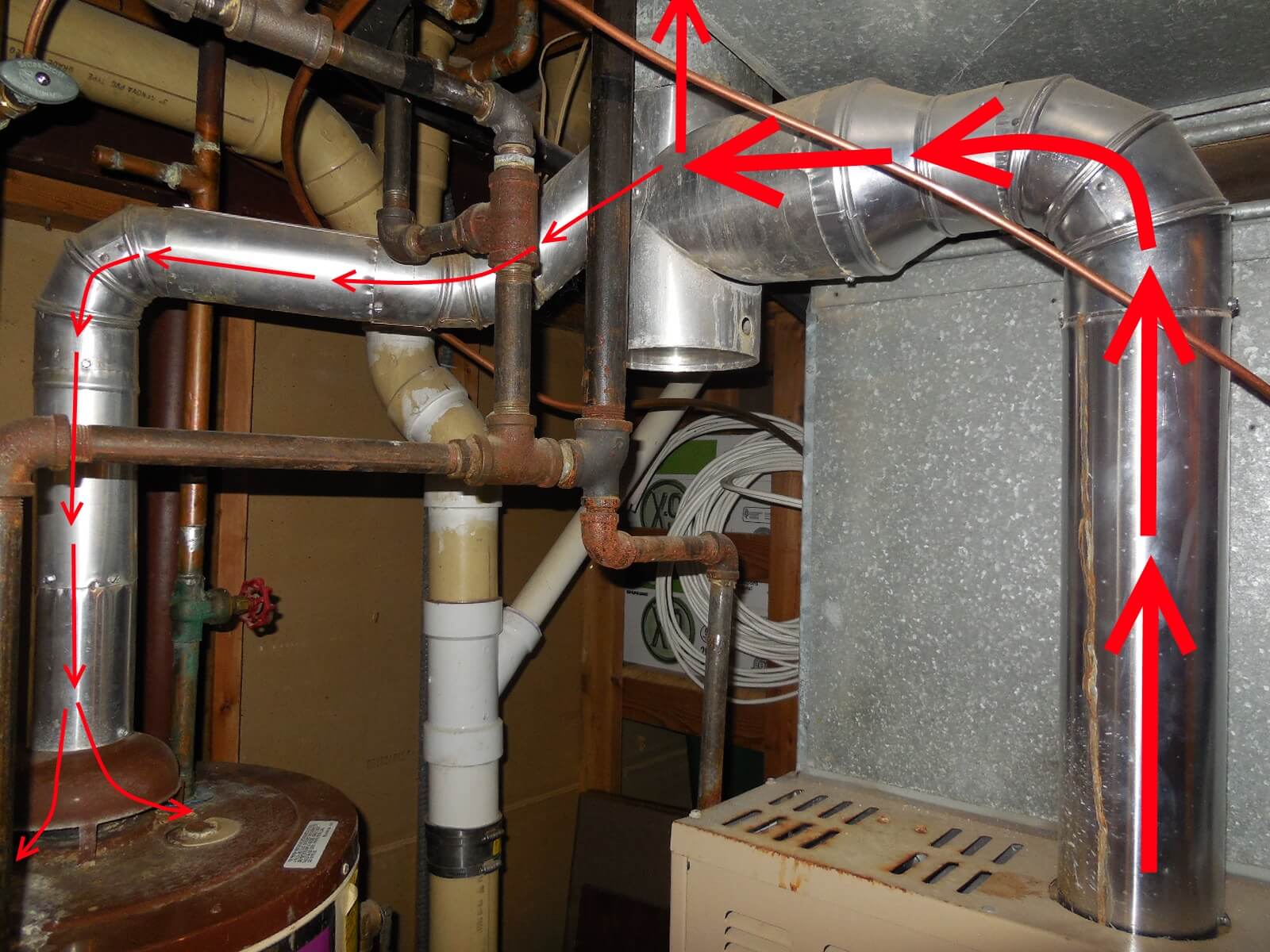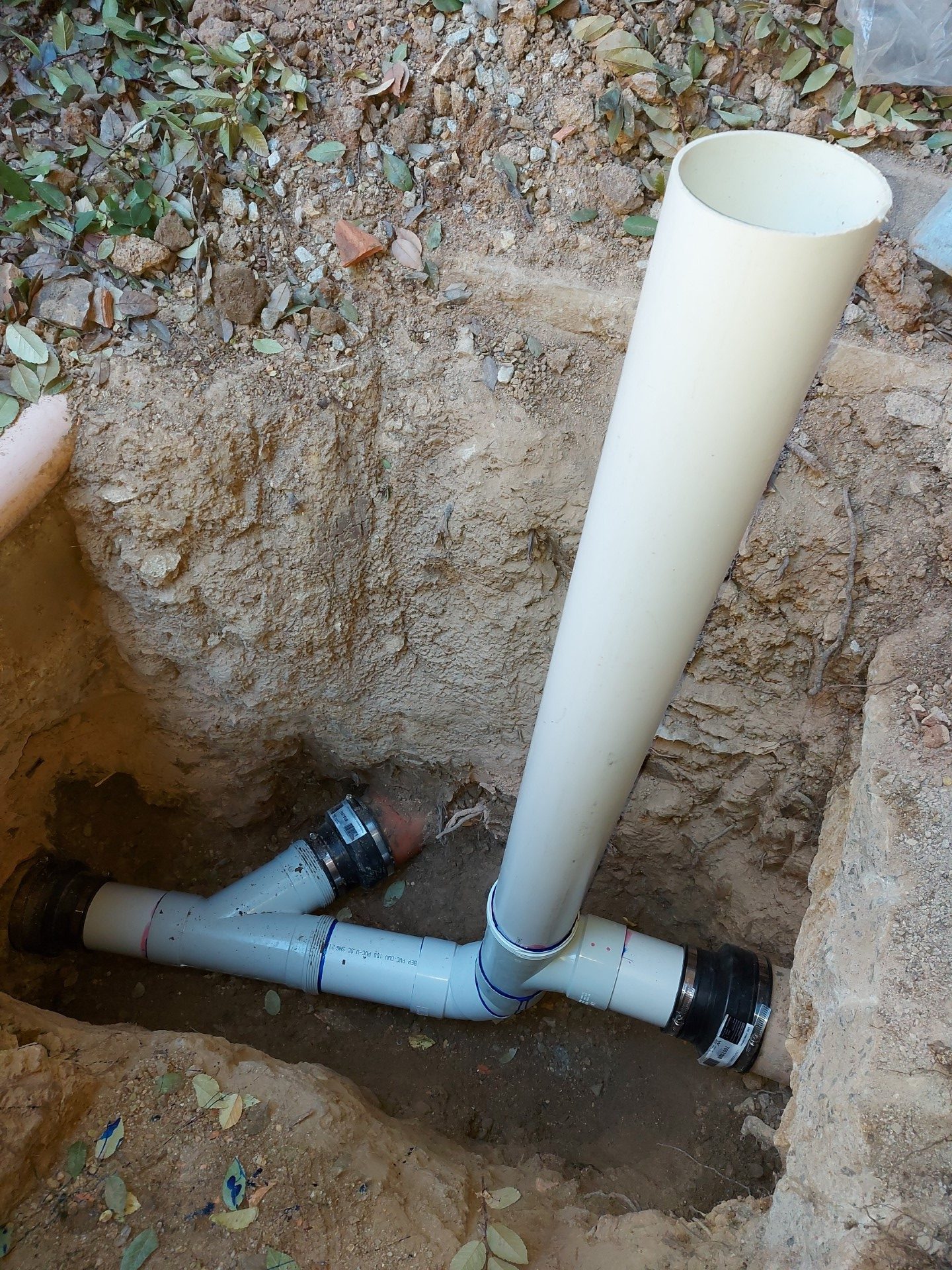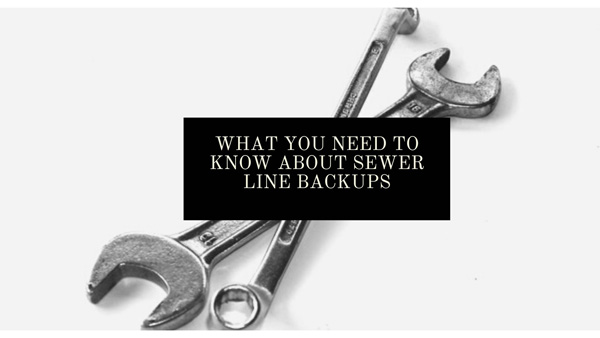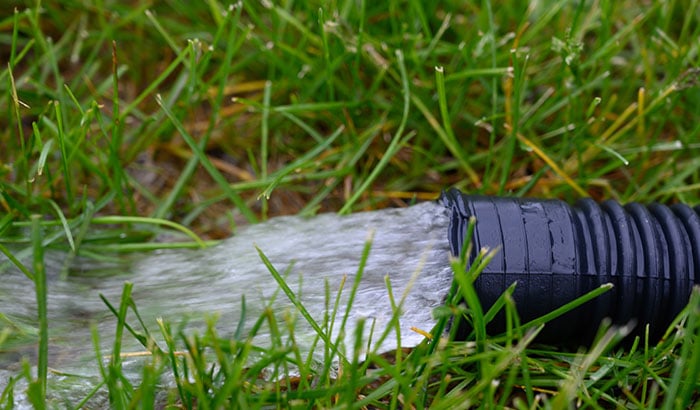1. Clogged Drain
If your upstairs kitchen sink won't drain, the first thing you should check for is a clogged drain. This is a common issue that can be caused by a variety of things, such as food debris, hair, and soap scum. To clear a clogged drain, you can try using a plunger or a drain snake.
If these methods don't work, you may need to call a professional plumber to use more advanced techniques, such as hydro-jetting, to clear the clog.
2. Blocked Pipes
Blocked pipes are another common cause of an upstairs kitchen sink that won't drain. This can be caused by a variety of things, such as foreign objects, tree roots, or even frozen pipes in colder climates. If you suspect that your pipes are blocked, it's best to call a plumber to properly diagnose and fix the issue.
3. Grease Buildup
Over time, grease and oil can build up in your kitchen sink pipes and cause blockages. This is especially true if you frequently pour cooking oil or grease down your drain. To prevent this issue, it's important to properly dispose of grease and oil by pouring it into a container and throwing it in the trash, rather than down the drain.
4. Broken Garbage Disposal
If your kitchen sink has a garbage disposal, a broken or malfunctioning unit could be the cause of your sink not draining properly. A faulty garbage disposal can cause food debris to get stuck and create a clog. If you suspect your garbage disposal is the issue, it's best to call a professional to repair or replace it.
5. Faulty Drain Stopper
If your kitchen sink has a stopper, a faulty one could be preventing the sink from draining properly. This can be caused by a worn or broken stopper, or a problem with the mechanism that controls it. In most cases, a professional plumber can easily replace a faulty drain stopper.
6. Leaking Pipes
If your kitchen sink won't drain, you may have a leak in your pipes. This can be caused by a variety of things, such as corrosion, loose connections, or damage. Not only can leaking pipes cause issues with your sink draining, but they can also lead to bigger problems, such as water damage. It's important to address any leaks in your pipes as soon as possible.
7. Tree Roots in Sewer Line
In some cases, tree roots can grow into your sewer line and cause blockages. This can be a difficult issue to diagnose and fix on your own, so it's best to call a professional plumber to properly assess and resolve the issue.
8. Corroded Pipes
Over time, pipes can become corroded and damaged, which can lead to blockages and other issues. This is especially common in older homes with outdated plumbing systems. If you suspect that your pipes are corroded, it's important to have them inspected and replaced if necessary.
9. Improper Venting
A properly functioning plumbing system requires proper venting to allow air to flow and prevent suction that can lead to clogs. If your kitchen sink won't drain, it could be due to improper venting, which can be caused by a variety of factors. A plumber can properly diagnose and resolve any issues with your plumbing venting.
10. Sewer Line Backup
If all other options have been ruled out and your kitchen sink still won't drain, it's possible that there is a backup in your main sewer line. This can be caused by a variety of things, such as tree roots, debris, or a collapsed sewer line. A professional plumber can use advanced techniques, such as sewer camera inspections, to diagnose and resolve the issue.
In conclusion, if your upstairs kitchen sink won't drain, it's important to properly diagnose and address the issue to prevent further damage and inconvenience. By understanding the common causes of a clogged sink, you can take the necessary steps to prevent and resolve any issues that may arise. Remember, when in doubt, it's always best to call a professional plumber for expert assistance.
The Importance of Proper Drainage in a Home
Why a Clogged Kitchen Sink Can Be a Sign of Bigger Issues
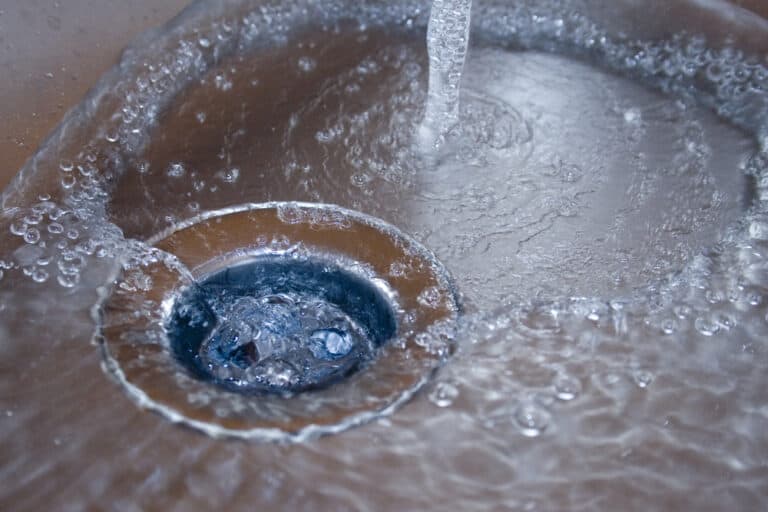 A clogged kitchen sink can be a major inconvenience for any homeowner. Not only does it make doing dishes and cooking more difficult, but it can also be a sign of bigger issues with your home's drainage system. Proper drainage is essential for the health and safety of your home, and a clogged kitchen sink may be a warning sign that it is not functioning properly.
Blocked Drainage Can Cause Water Damage
A clogged kitchen sink can cause water to back up and overflow onto your countertops, floors, and cabinets. This excess water can lead to damage to your home's surfaces and even cause mold growth, which can be dangerous for your health. In addition, if the water seeps into your walls or floors, it can weaken the structure of your home, leading to costly repairs.
Improper Drainage Can Affect Multiple Areas of Your Home
A clogged kitchen sink can also indicate a larger issue with your home's drainage system. If one area of your home is experiencing poor drainage, it is likely that other areas are affected as well. This can lead to clogs and backups in your bathroom sinks, showers, and toilets. It can also cause issues with your laundry drains and basement drains. Ignoring a clogged kitchen sink can result in a domino effect of drainage problems throughout your home.
Preventative Measures Can Save You Time and Money
Dealing with a clogged kitchen sink can be a hassle and a drain on your time and wallet. Calling a professional plumber to fix the issue can be expensive, and the longer you wait, the more difficult and costly the repair may become. Regularly maintaining your home's drainage system by clearing out any potential clogs can save you time and money in the long run.
Proper Drainage is Essential for a Healthy Home
A properly functioning drainage system is crucial for the health of your home. It prevents water from stagnating and creating a breeding ground for bacteria and mold. By keeping your sinks and drains clear, you are ensuring that your home remains a safe and healthy environment for you and your family.
In conclusion, a clogged kitchen sink may seem like a simple annoyance, but it can be a sign of more significant issues with your home's drainage system. Regularly maintaining and clearing out your drains can prevent water damage and costly repairs, ensuring a healthy and functional home for years to come.
A clogged kitchen sink can be a major inconvenience for any homeowner. Not only does it make doing dishes and cooking more difficult, but it can also be a sign of bigger issues with your home's drainage system. Proper drainage is essential for the health and safety of your home, and a clogged kitchen sink may be a warning sign that it is not functioning properly.
Blocked Drainage Can Cause Water Damage
A clogged kitchen sink can cause water to back up and overflow onto your countertops, floors, and cabinets. This excess water can lead to damage to your home's surfaces and even cause mold growth, which can be dangerous for your health. In addition, if the water seeps into your walls or floors, it can weaken the structure of your home, leading to costly repairs.
Improper Drainage Can Affect Multiple Areas of Your Home
A clogged kitchen sink can also indicate a larger issue with your home's drainage system. If one area of your home is experiencing poor drainage, it is likely that other areas are affected as well. This can lead to clogs and backups in your bathroom sinks, showers, and toilets. It can also cause issues with your laundry drains and basement drains. Ignoring a clogged kitchen sink can result in a domino effect of drainage problems throughout your home.
Preventative Measures Can Save You Time and Money
Dealing with a clogged kitchen sink can be a hassle and a drain on your time and wallet. Calling a professional plumber to fix the issue can be expensive, and the longer you wait, the more difficult and costly the repair may become. Regularly maintaining your home's drainage system by clearing out any potential clogs can save you time and money in the long run.
Proper Drainage is Essential for a Healthy Home
A properly functioning drainage system is crucial for the health of your home. It prevents water from stagnating and creating a breeding ground for bacteria and mold. By keeping your sinks and drains clear, you are ensuring that your home remains a safe and healthy environment for you and your family.
In conclusion, a clogged kitchen sink may seem like a simple annoyance, but it can be a sign of more significant issues with your home's drainage system. Regularly maintaining and clearing out your drains can prevent water damage and costly repairs, ensuring a healthy and functional home for years to come.















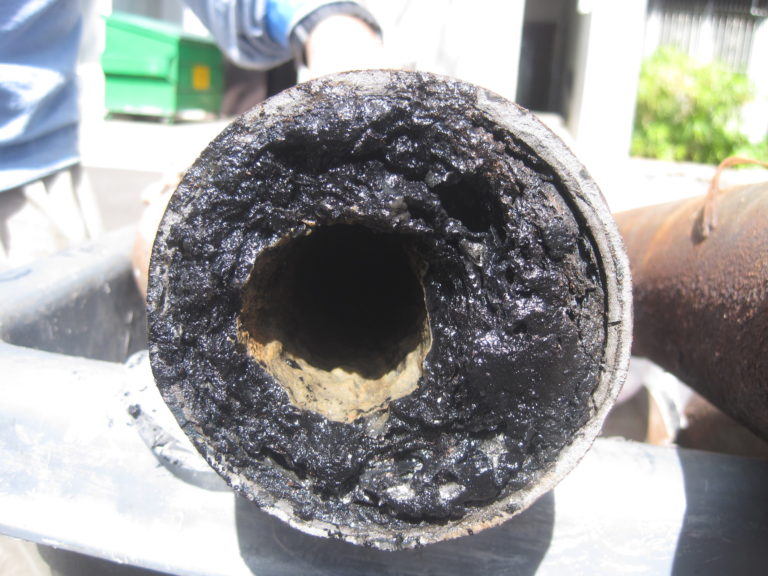









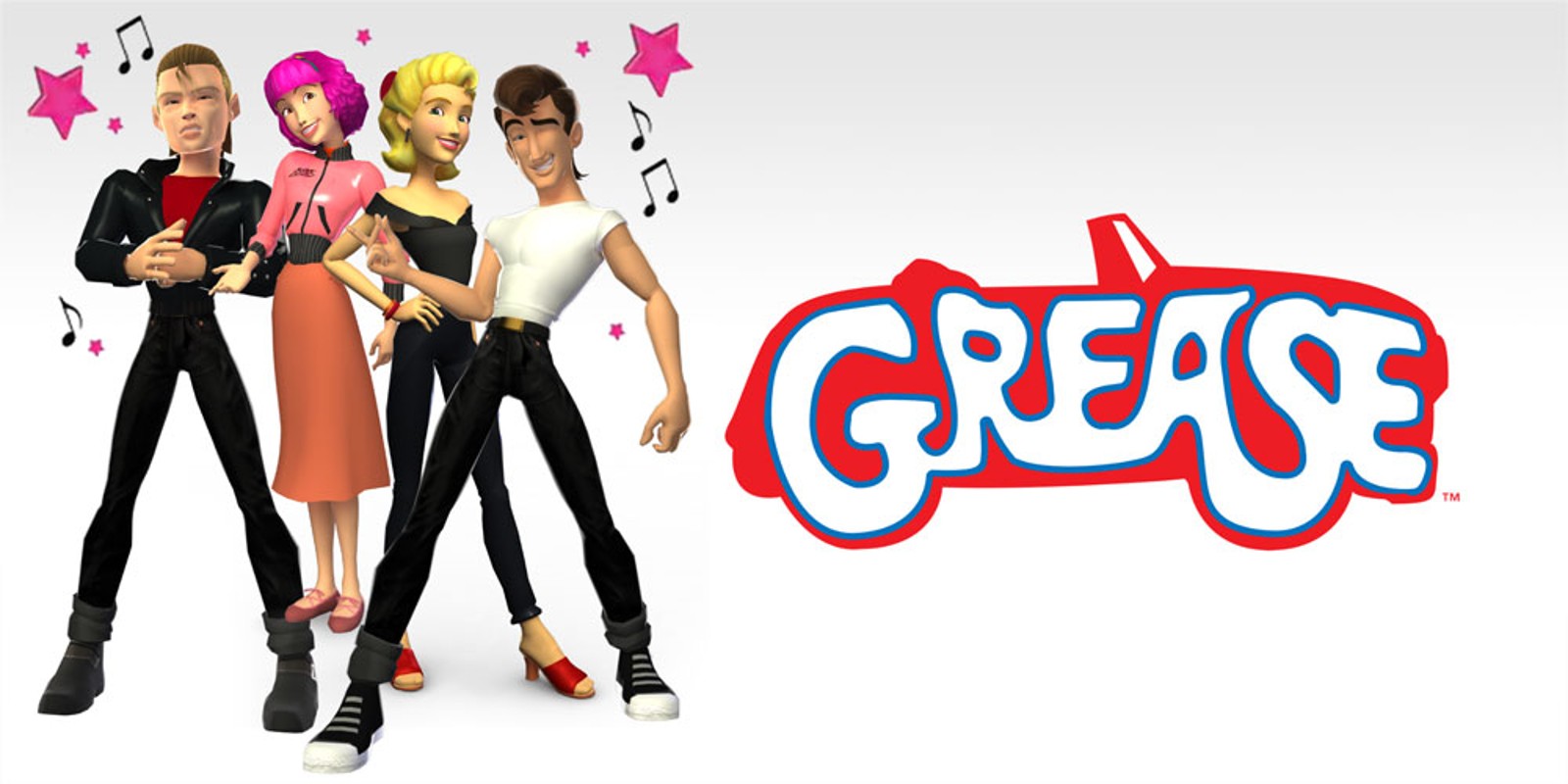

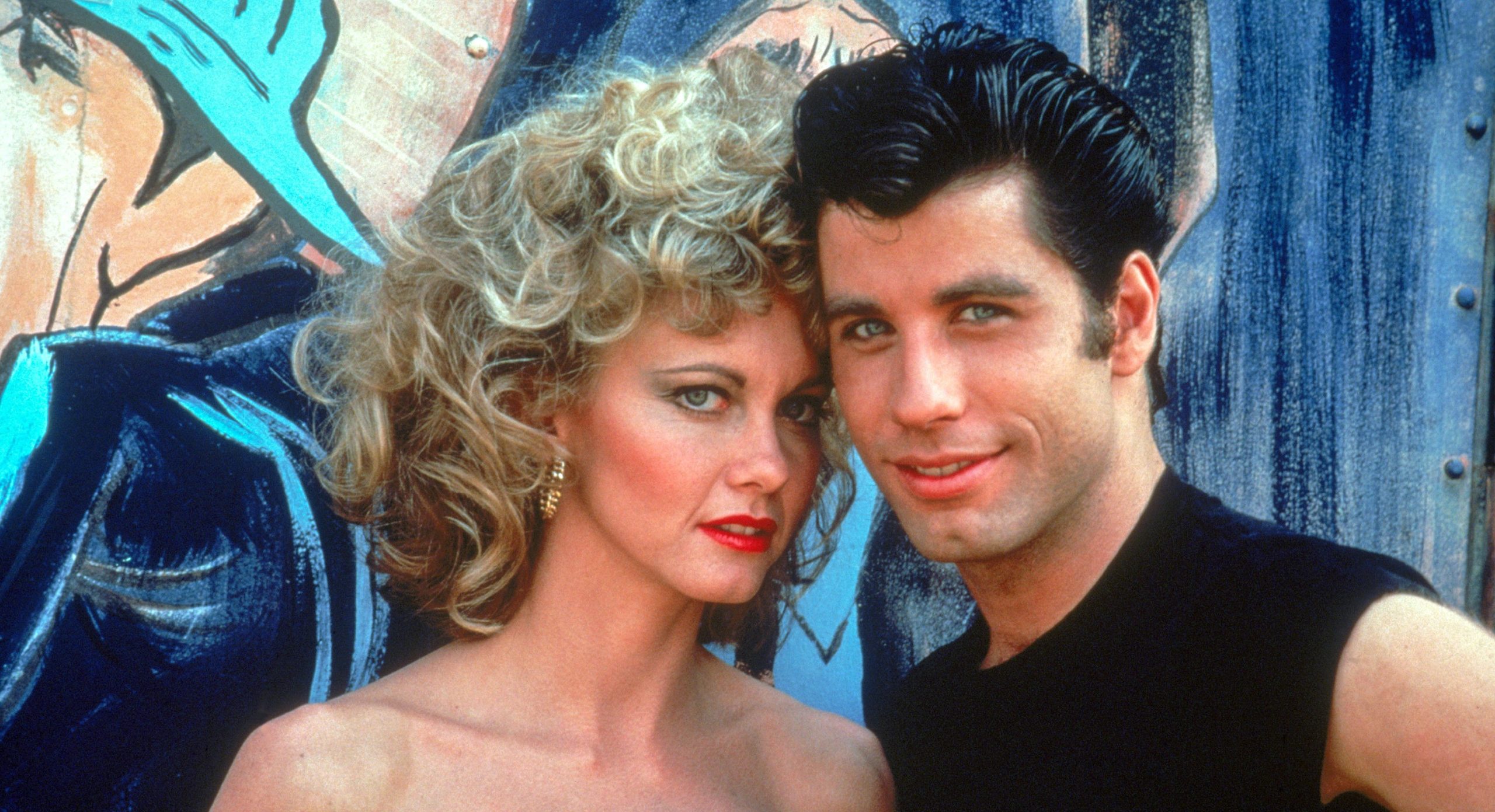





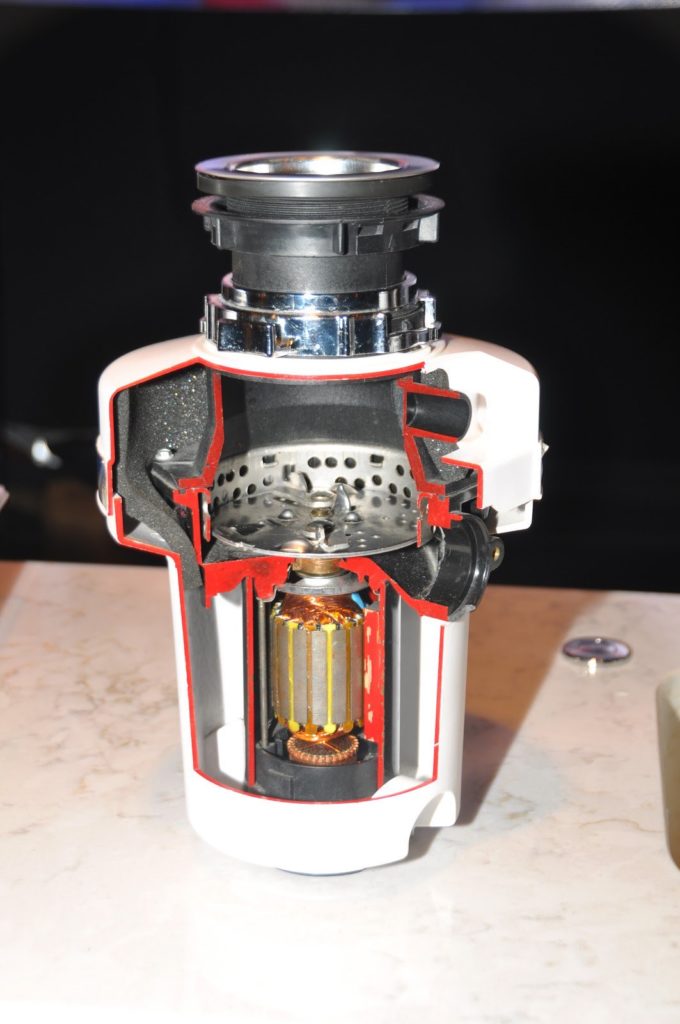

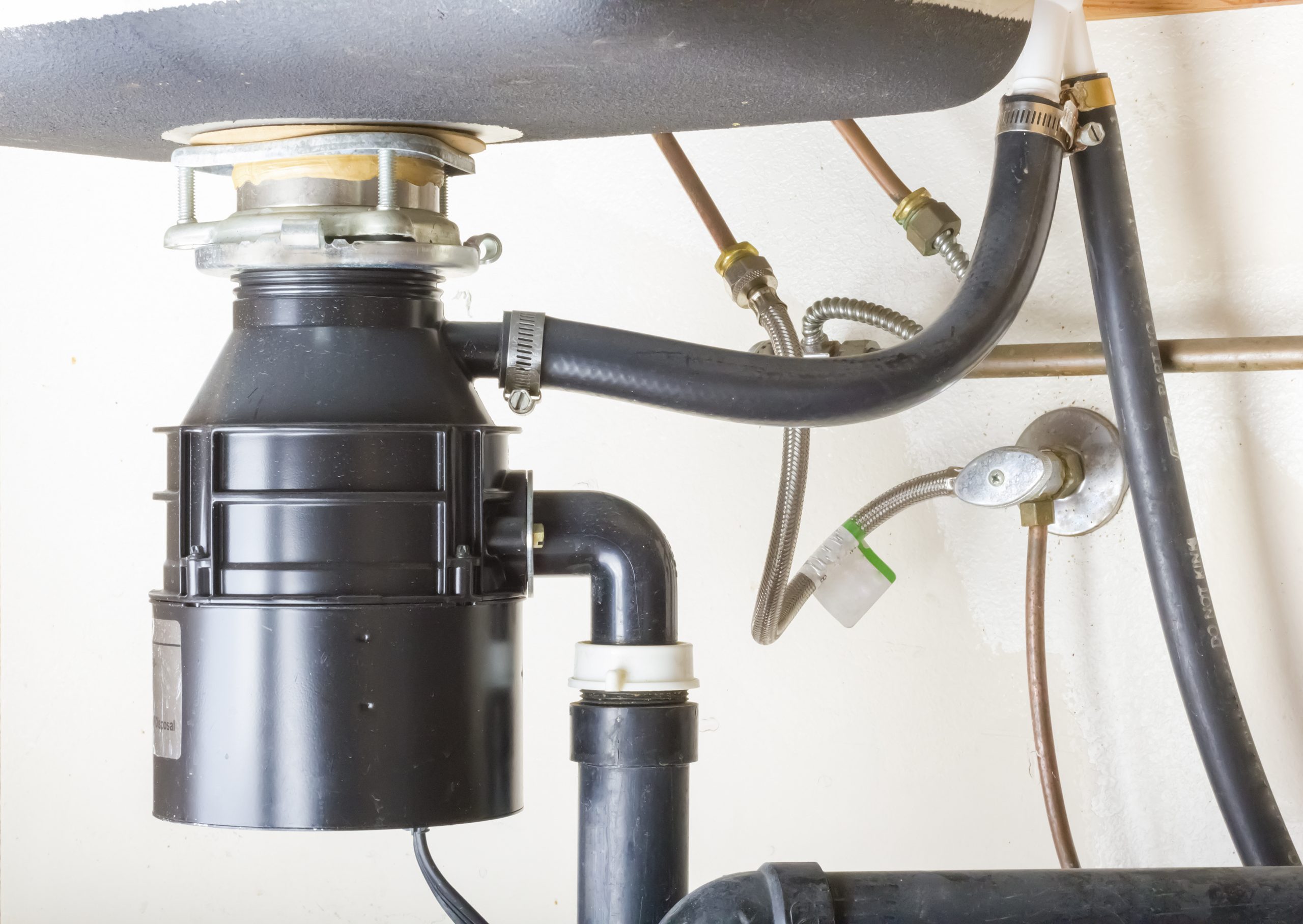

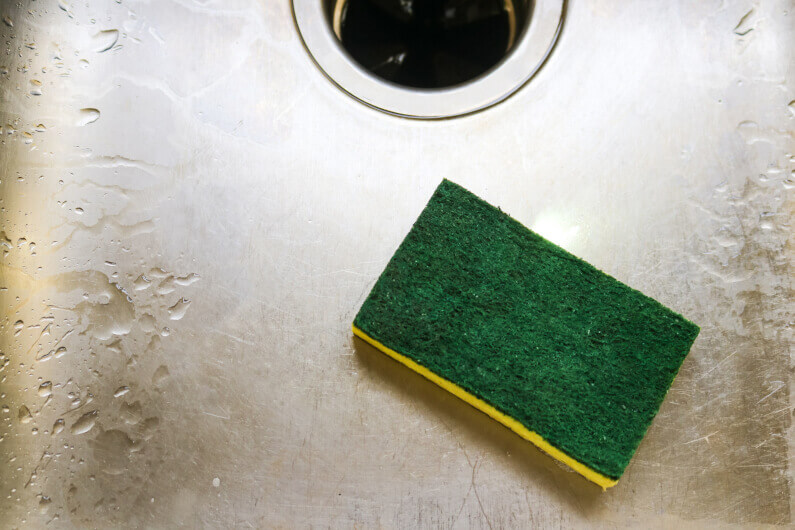

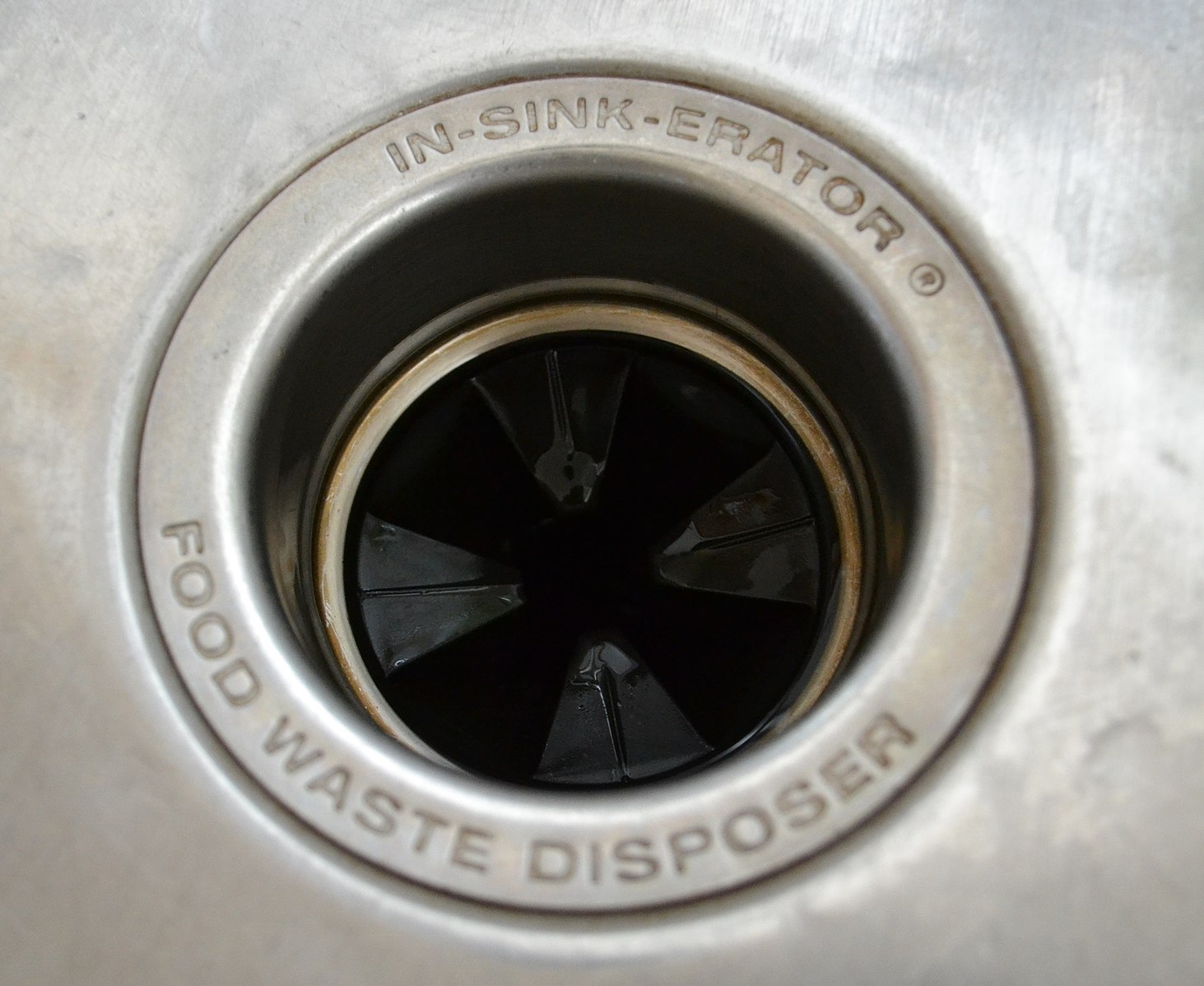
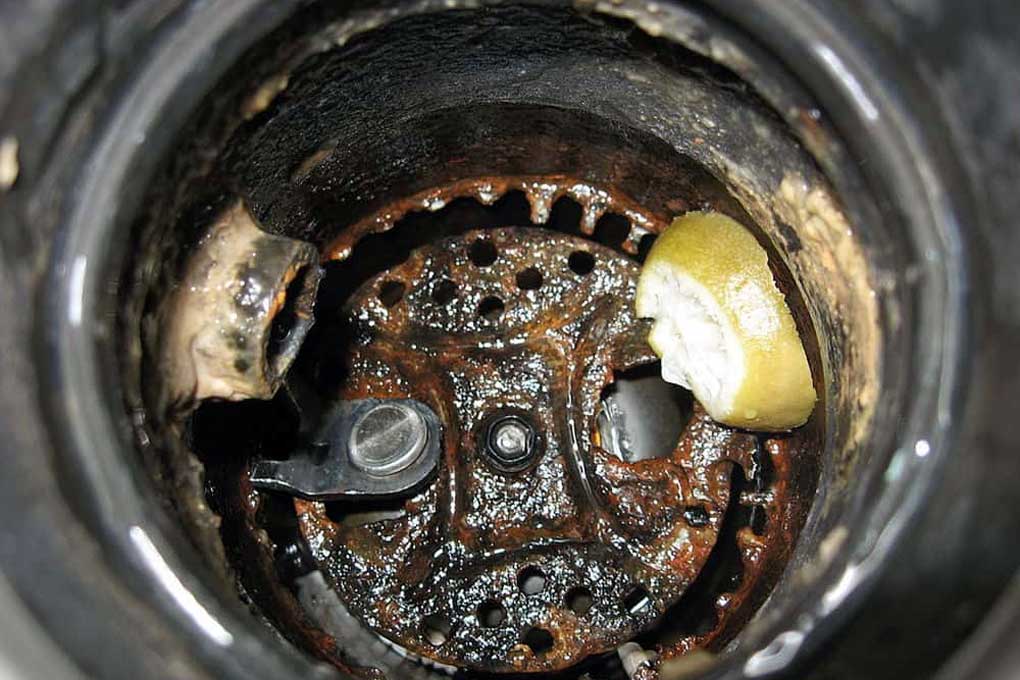

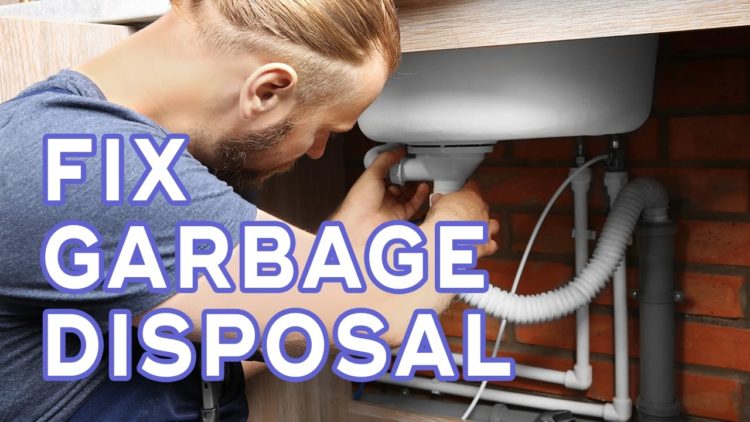



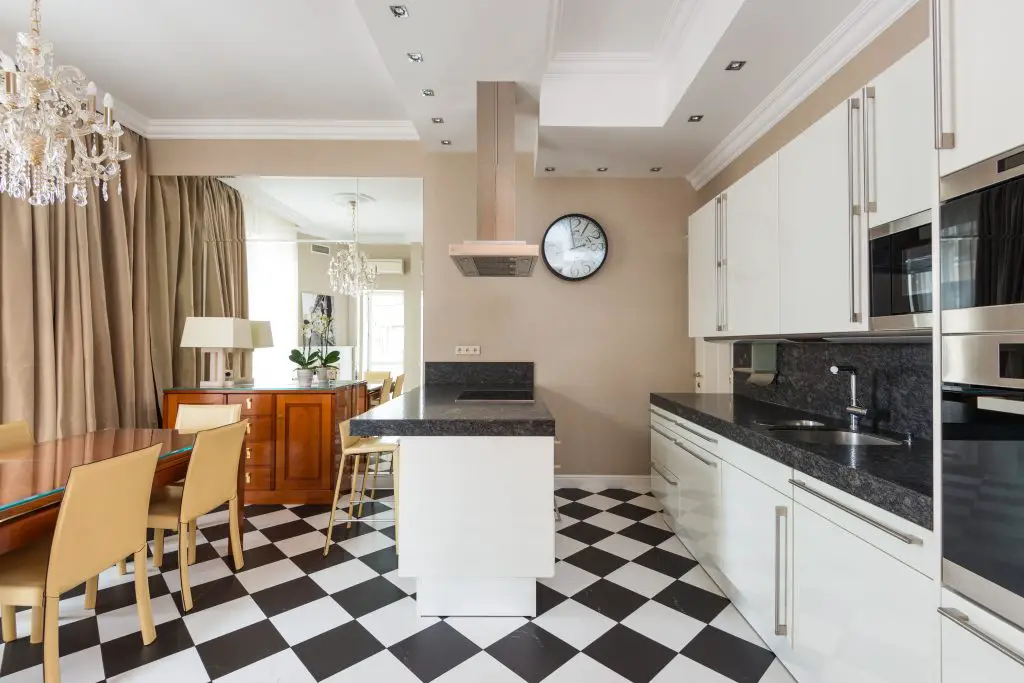
:max_bytes(150000):strip_icc()/bathroom-sink-drain-installation-2718843-07-2b728cbd5c994dc39179346f51bb6421.jpg)
